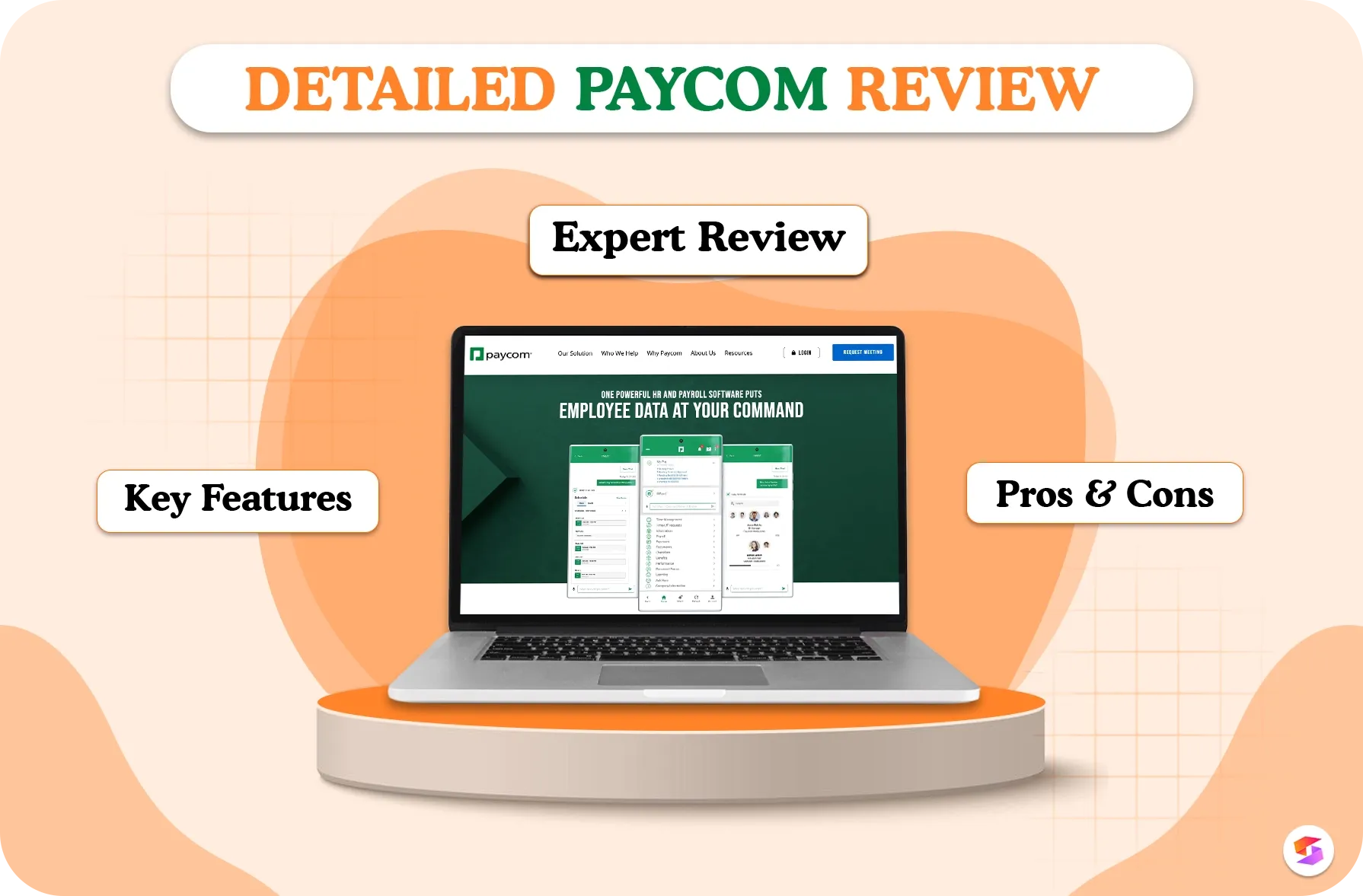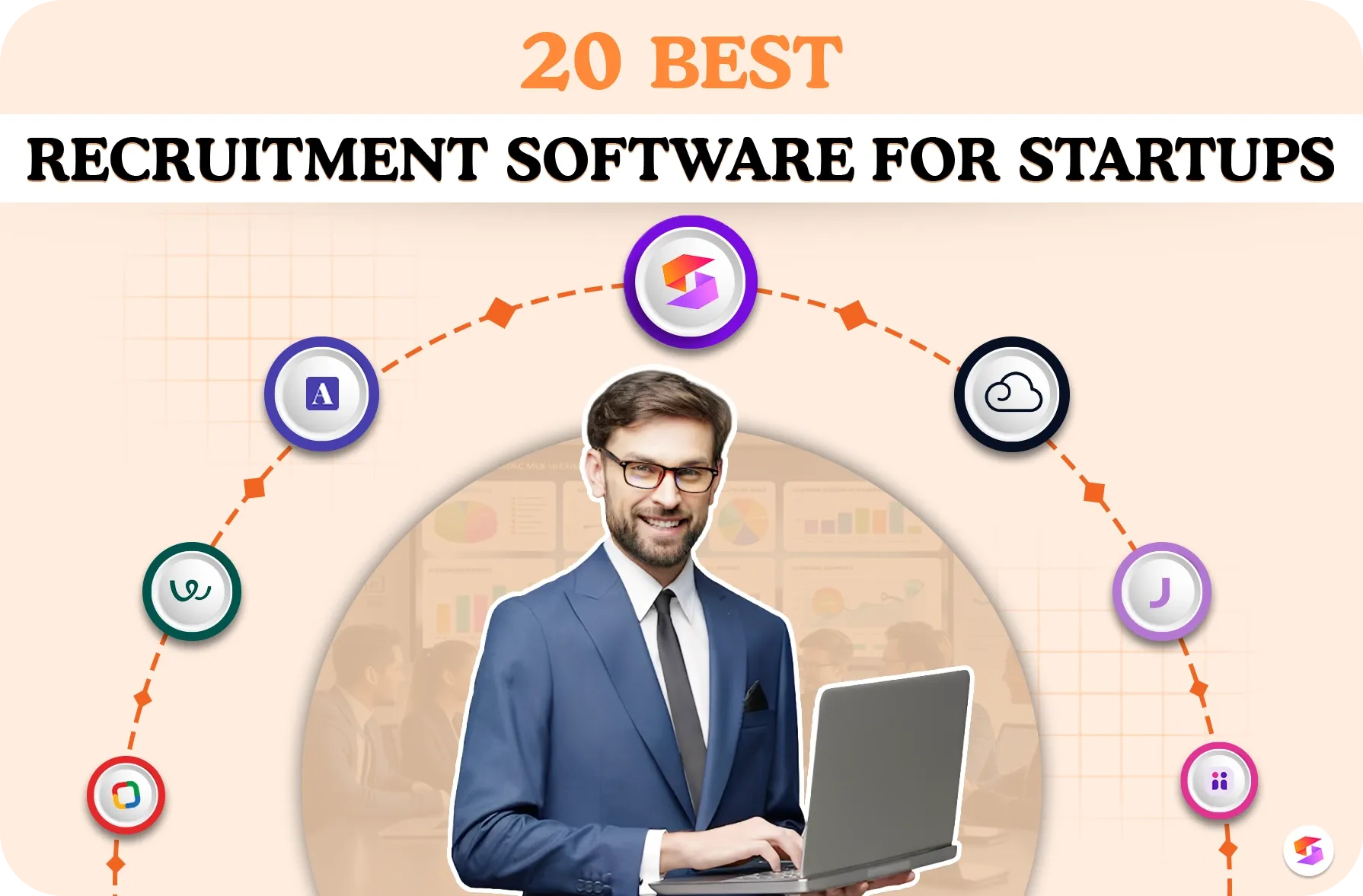How can you easily scan hundreds of resumes chock full of technical terminology, certifications, and changing technologies without missing some of the best IT talent?
The biggest headache in hiring IT professionals is that their resume is very technical and heavy with dense technical details.
This is where AI-powered resume parsers tailored specifically for IT recruitment come into play. By automating the extraction and categorization of technical skills, certifications, and experience, these tools simplify the hiring process while maintaining precision and speed.
With 65% of recruiters using AI to speed up hiring processes, organizations should leverage resume parsing technology to streamline IT talent acquisition.
Key Features to Look for in a Resume Parser
When selecting a resume parser, prioritize features such as accurate data extraction, support for various file formats, multilingual capabilities, seamless integration with existing systems, and adaptability to evolving recruitment needs. Here are a few key features:
1. Support for Various File Formats
Candidates in IT submit resumes in diverse file formats—such as PDF, DOCX, HTML, and plain text. A robust resume parser should support all these formats to prevent compatibility issues.
Supporting a wide range of formats ensures that no resume is overlooked due to formatting limitations, and it allows for a smoother experience for candidates and recruiters alike.
2. Advanced Skill Extraction
IT candidates, including graduates from IT bootcamps, often list technical skills, certifications, and programming languages that are vital to the job role. including competencies gained through a data science course. An effective resume parser for IT should accurately identify these skills and handle variations in terminology, such as “JS” for JavaScript or “Data Sci” for Data Science.
Why It Matters: Proper skill extraction ensures that relevant candidates aren’t overlooked simply due to minor variations in terminology.
3. Natural Language Processing (NLP) and Machine Learning Integration
Integrating NLP and machine learning capabilities enables a resume parser to understand context within resumes, improving parsing accuracy over time.
These technologies allow the parser to differentiate between, for instance, “Python” as a programming language and “Python” in a non-technical context.
NLP-driven parsers are estimated to increase parsing accuracy by 30% for technical resumes, reducing the number of unqualified resumes being reviewed.
4. Multilingual Parsing Support
As tech roles often draw applicants from a global pool, a resume parser that supports multiple languages can help expand your talent pipeline.
With multilingual parsing, the parser can accurately analyze resumes regardless of language barriers. This feature is crucial for international hiring, especially in today’s increasingly remote work culture.
5. Integration with Applicant Tracking Systems (ATS)
To streamline recruitment workflows, a resume parser must integrate with existing Applicant Tracking Systems (ATS). This feature enables automatic data transfer, so recruiters can manage parsed resumes in one centralized system.
Seamless ATS integration reduces administrative tasks, enabling recruiters to focus on candidate engagement rather than data entry.
6. Customizable Taxonomies and Ontologies
In the IT industry, terminologies and job requirements can vary widely. A resume parser with customizable taxonomies allows organizations to set specific filters and categorize applicants based on skills relevant to their needs.
This adaptability allows the parser to be customized for niche IT roles, making it possible to create a more precise fit with each job requirement.
7. Data Privacy and Compliance
With stringent data protection laws like GDPR and CCPA, compliance is critical. A resume parser should provide secure data handling and ensure all candidate data is stored and processed according to regulatory standards, supporting organizations in identifying candidates experienced with external vulnerability scanner tools for security-sensitive positions.
Compliance with data privacy regulations not only protects candidate information but also safeguards the organization from potential legal issues.
8. Scalability and Performance
As hiring demands fluctuate, a resume parser must be able to handle high volumes of resumes without compromising performance. Scalability ensures that the parser can adapt to both regular and peak recruitment periods.
Scalable parsers help meet hiring needs more effectively, especially during periods of increased recruitment.
Additional Considerations
These considerations can help organizations select a resume parsing tool that meet their technical needs and provides a favorable ROI.
1. User-Friendly Interface
An user-friendly interface enhances the recruitment experience by making it easier for HR staff to upload, parse, and review resumes. Look for a tool that offers intuitive design, clear instructions, and minimal setup.
Training and Support: Comprehensive support and training options are important, particularly for teams new to using AI-driven hiring tools.
2. Cost and Return on Investment (ROI)
Investing in a high-quality resume parser can significantly reduce the time and cost of hiring. When evaluating parsers, consider both their cost and the ROI they offer in terms of reduced time-to-hire and improved candidate quality.
Cost-Benefit Analysis: Understanding pricing models and potential ROI is essential for long-term budget planning. Companies using AI-driven recruitment tools report a 40% decrease in time-to-hire and an 80% increase in quality of hire.
Enhancing IT Recruitment with Advanced Resume Parsing Tools
Selecting a resume parser for IT recruitment is not just about efficiency, it’s about precision, data security, and adaptability.
By investing in a parsing tool that offers advanced skill extraction, multilingual support, ATS integration, and machine learning capabilities, organizations can streamline their hiring processes while attracting high-quality candidates.
Skima provides an industry-leading resume parsing solution with all the essential features IT recruiters need. Designed to handle the complexities of technical resumes, it offers high accuracy, flexibility, and seamless integration, making it an ideal choice for organizations aiming to improve their IT hiring processes.
Ready to optimize your IT recruitment strategy? Discover the features of Skima’s resume parser today and experience a faster, smarter way to find top IT talent.
Frequently asked questions
Q1. What is the main advantage of using a resume parser specifically for IT recruitment?
A resume parser designed for IT can identify specialized technical skills, certifications, and project experiences that are essential for IT roles. This allows recruiters to quickly focus on the most qualified candidates without missing important skill sets or industry-specific terminologies.
Q2. How does machine learning improve the accuracy of a resume parser for IT roles?
Machine learning enables the resume parser to learn from data patterns over time, making it more accurate in identifying technical skills, abbreviations, and contextual nuances in resumes. This continuous learning helps reduce the likelihood of overlooking qualified candidates due to non-standard language or resume formats.
Q3. Why is multilingual support important in a resume parser for IT?
Many IT companies recruit globally, and top candidates may submit resumes in various languages. Multilingual support ensures the parser can accurately interpret resumes from diverse regions, expanding the talent pool and enhancing the chances of finding the best candidates, regardless of language barriers.
Q4. Can a resume parser for IT integrate with Applicant Tracking Systems (ATS)?
Yes, many resume parsers, including Skima.ai, are designed to integrate seamlessly with ATS platforms. This integration allows parsed data to be automatically stored in the ATS, making it easier for recruiters to manage candidate information and streamline the recruitment workflow.
Q5. How does a resume parser ensure data privacy and comply with regulations like GDPR?
Modern resume parsers follow strict data privacy protocols, ensuring that all candidate information is securely stored and processed in compliance with regulations such as GDPR. This helps protect candidate data, maintain company's reputation, and reduce legal risks associated with data handling.




